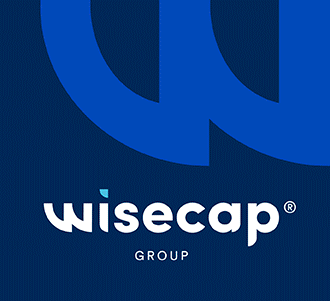The most heavily impacted markets – from a demand point of view – have been non-packaging sectors including construction, outdoor furniture, horticulture and agriculture. Demand in these sectors fell by up to 50% in April and May year on year, and June is seeing a similar trend, according to market estimates. As a result, short-time working in countries that allow it and reduced operating rates remain prevalent.
Non-packaging sectors remain the dominate end-use markets for recycled polypropylene (R-PP), mixed-plastic waste and recycled polyethylene (R-PE). Narrow margins have led to ongoing talk of potential consolidation in the chain.
“Many recyclers are dependent on the peak season to optimise sales and margins opportunities, to balance their business through the low seasons. The absence of a peak season this year is creating much concern for recyclers and their ability to survive unscathed on many levels, including financially, through the remainder of the year – given the weak outlook for the majority of markets. There are longer-term questions around how the supply chain can rebound going into 2024 with the setbacks 2023 is anticipated to leave on the sector,” said Helen McGeough, Senior Analyst, Plastics Recycling, ICIS.
Demand remains weak due to ongoing substitution to virgin and off-spec material, and high inflation across much of Europe and the cost-of-living crisis reducing consumers’ discretionary spend.
There has been no sign of a pick-up in order book volumes moving into June, and with the summer months past approaching, some players are now not expecting a peak season to occur in 2023, and expecting that consumption could remain weak throughout the remainder of the year. This is because macroeconomic conditions remain bearish, and virgin markets remain under downward pressure.
Typically, convertors shut for several weeks of routine maintenance in July and August, and multiple players expect outages to be prolonged in 2023, with some expecting outages to begin as soon as June.
Bale markets typically lengthen during convertor shutdowns, because while convertors shut for maintenance, waste continues to enter the chain, and sorting and collection serves continue to operate.
While demand from packaging is proving more resilient than for non-packaging, it has still fallen year on year by 20-30%, according to market estimates.
The peak-season for the beverage markets – the key end-use sector for European recycled polyethylene terephthalate (R-PET), which is currently the largest recycled polymer market in Europe – typically runs from March-September and coincides with higher temperatures, which stimulate the consumption of bottled drinks.
Temperatures in much of Europe have been below average through much of H1 2023. Nevertheless, even in countries which have seen high temperatures – such as Spain – demand has been weak. In May and June to date, demand across packaging applications – both beverage and non-beverage – has fallen by 20-30% year on year, according to market estimates, with the beverage sector typically at the top end of that range.







